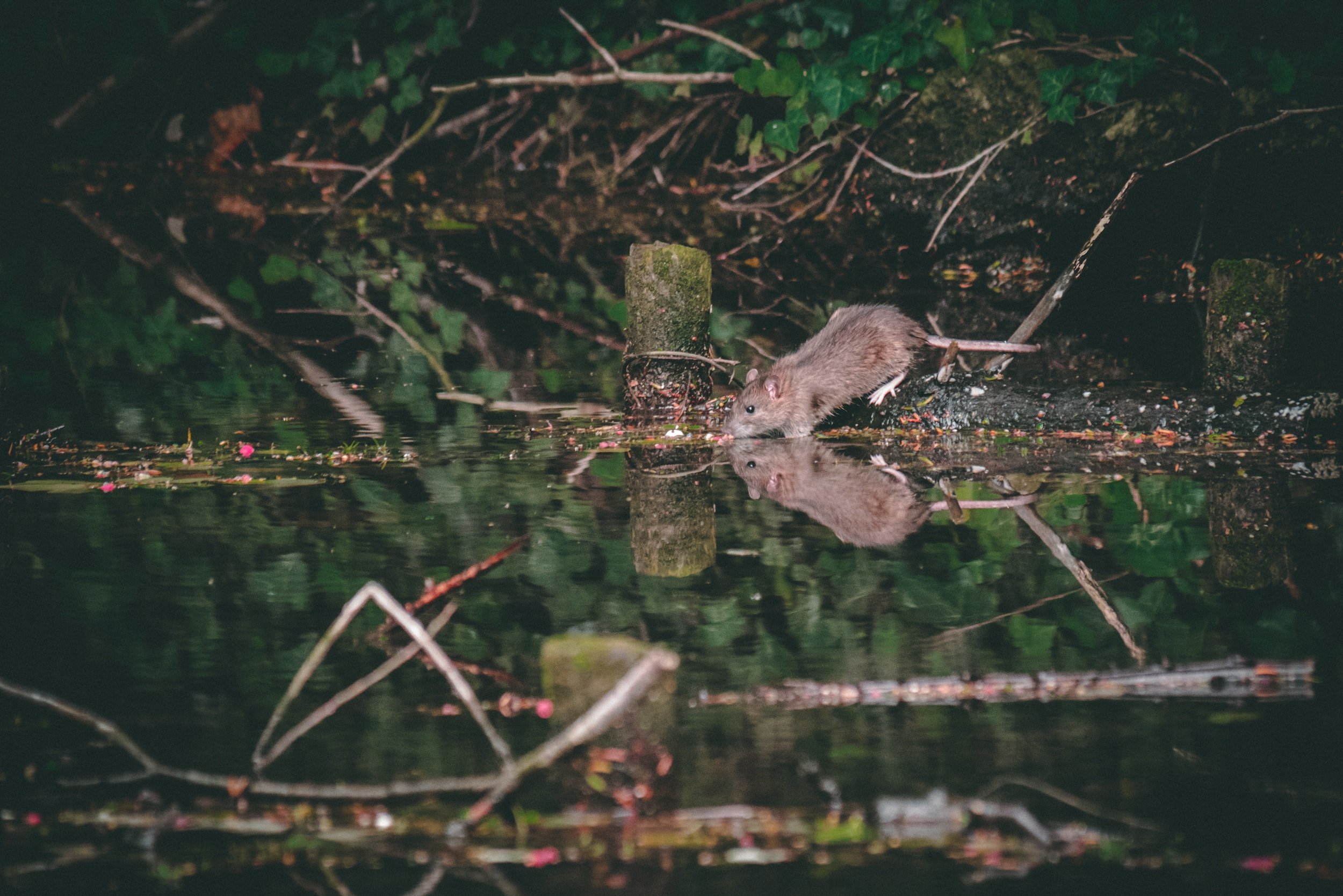
MICE CONTROL
GREAT LAKES NUISANCE ANIMAL CONTROL
-
MOUSE FACTS
There are several species of mice, but the best known species is the common house mouse. This type of creature is found in nearly all countries across the world, living in homes, ships, storage facilities, warehouses, farms and more.
-
MOUSE HABITAT
Most mice live in close proximity to humans and rely on us for food and shelter. They make themselves at home in and around houses, barns, warehouses, granaries, fields and farms. In cooler weather they almost always make their way indoors for shelter. Mice make their nests in dark quiet places, like in between walls cabinets, closets, basements, attics, and storage areas. Mice usually remain within about 10 ft of their nest at all times, and are usually found within a short distance of a food source.
-
MOUSE DIET
Seeds and grains are a house mouses main dietary staple, although mice are opportunistic and will ultimately eat a wide variety of foods. Mice are especially fond of foods that are high in fat, protein, and even sugar. Even though mice only eat about one tenth of an ounce of food per day, they may open several food packages for sampling.
-
MOUSE BEHAVIOR
Sensitive to bright lights, mice are generally nocturnal or active during twilight. Reproduction begins at 6 to 8 weeks of age, and each female can give birth to as many as 10 litters per year. After a short gestation of 20 days, litters of five to six young are born and the cycle begins again. Using superior senses of hearing, smell, taste, and touch, a mouse becomes an expert of its range by learning and memorizing the locations of food, pathways and obstacles. When a new object enters its range a mouse is usually unafraid to explorer. Mice live in colonies or family groups, and each colony establishes its own territory by urine and feces marking.
-
MICE AND DISEASES
There are many diseases that are carried by mice that may be transmitted to humans or pets due to the close proximity that mice live with humans. The diseases are transmitted through mouse bites or scratches, ingesting food or water contaminated with mouse urine or droppings, inhaling dust contaminated with urine or droppings, direct contact with infected animals or excrement and also from bites from infected fleas, ticks, or mites. Lyme disease, salmonella, leptospirosis, and bubonic plague are just a few.
-
WHAT GREAT LAKES NUISANCE ANIMAL CONTROL CAN DO FOR YOU:
Great Lakes Nuisance Animal Control specializes in exclusion work. The most common methods of mouse control, such as trapping and rodenticides, are used with varied success. Great Lakes Nuisance Animal Control firmly believes in exclusion. This means finding their entry points and sealing them up to reduce and prevent further entry. Many years of excluding mice from homes and businesses give us the advantage of knowing what works to keep them out for good. Our rodent programs, (monthly or quarterly bait station maintenance, complete home exclusion, or quite often, a combination of both) guarantees you with professional results. Contact Great Lakes Nuisance Animal Control today and let us get started on a custom rodent control program to guarantee your home or business is rodent free!
Contact Us Today For Mice Control
Great Lakes Nuisance Animal Control is fully licensed and insured and can work directly with your insurance company. We have experience working with many different insurance companies over the years and have a solid reputation with them. Contact us today for an estimate and let us help you with your animal control issues.
carl@greatlakesnac.com
(231) 830-6538
Servicing West Michigan
Call us today for an estimate!
Great Lakes Nuisance Animal Control is fully licensed and insured and can work directly with your insurance company. We have experience working with many different insurance companies over the years and have a solid reputation with them.
Call us today for an estimate and let us help you with your animal control issues.
Carl Johnson,
Licensed & Insured Wildlife Control Professional
(231) 830-6538

